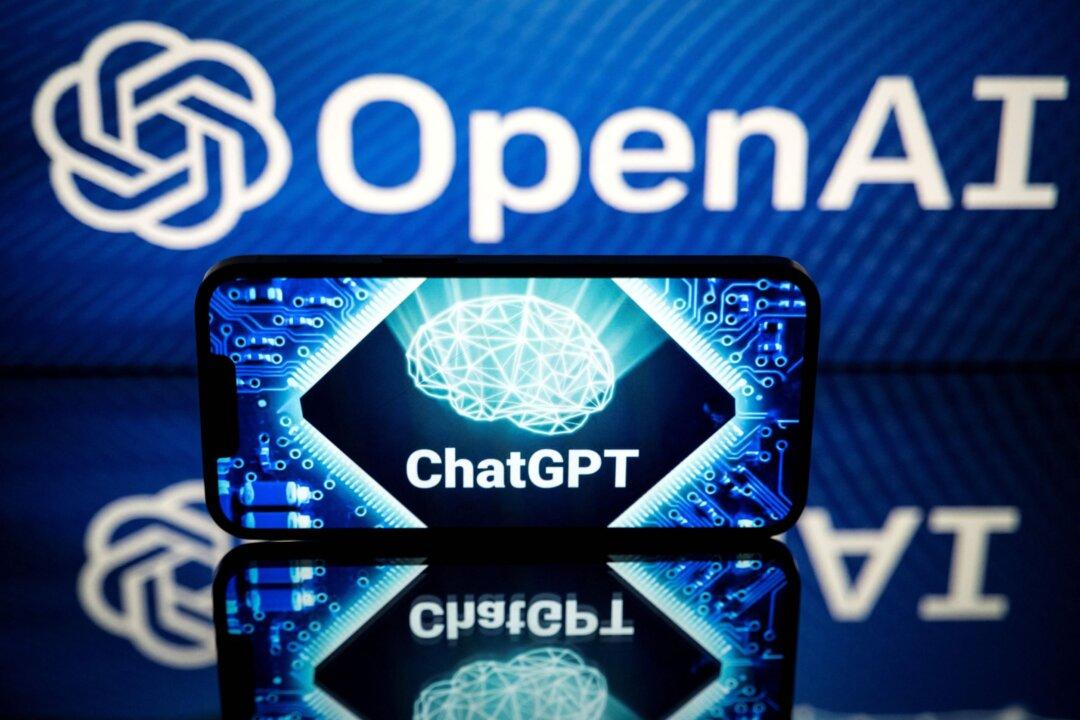The artificial intelligence firm OpenAI has released the latest version of its GPT chatbot, which the firm says includes the ability to respond to image prompts.
On Tuesday, OpenAI announced that it was rolling out the new chat bot, known as GPT-4.

The artificial intelligence firm OpenAI has released the latest version of its GPT chatbot, which the firm says includes the ability to respond to image prompts.
On Tuesday, OpenAI announced that it was rolling out the new chat bot, known as GPT-4.